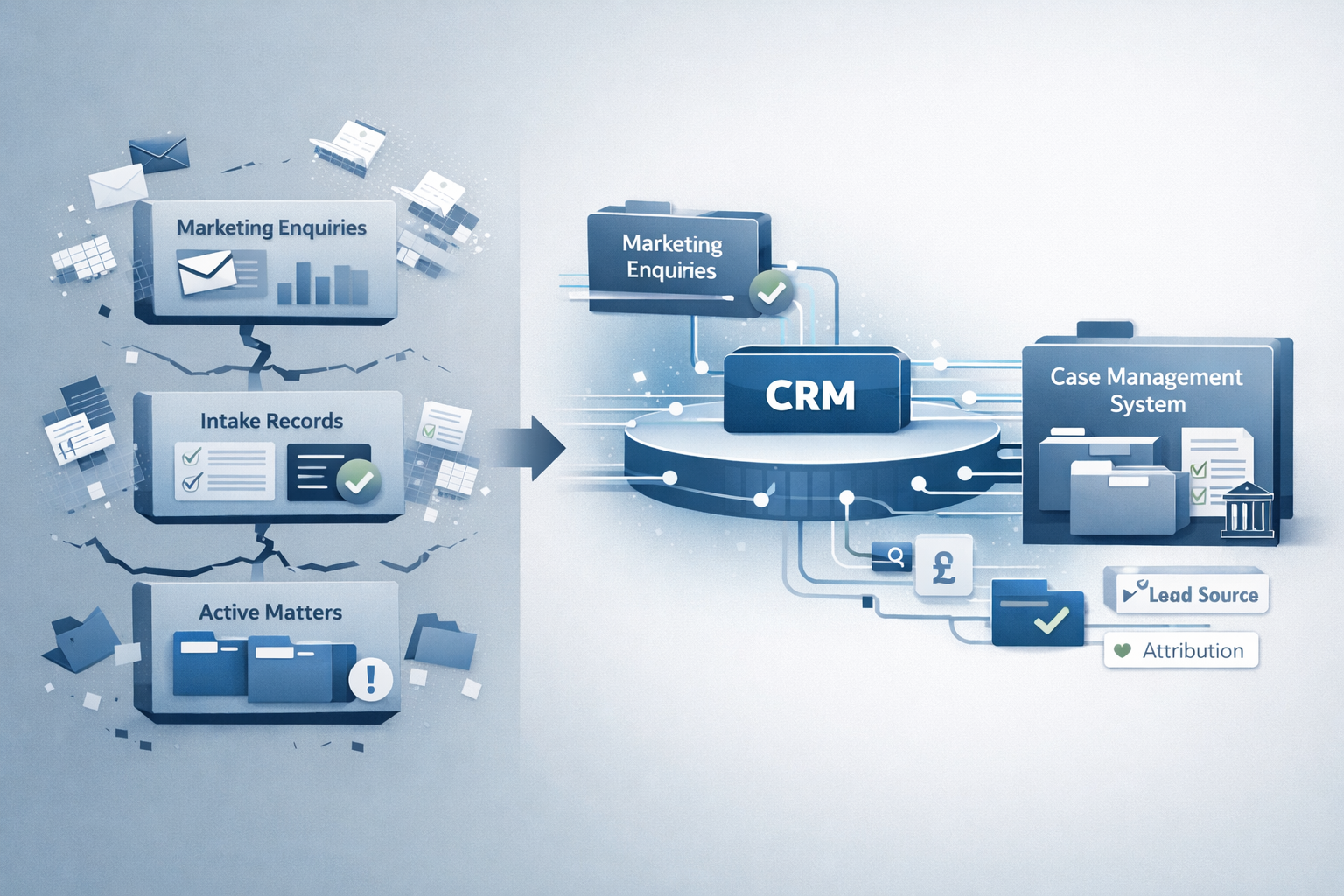Why your digital karma matters
Digital Transformation
Website Development

Not achieving your goals? Your problem might not be your product or content. It could be that your website user experience is letting you down.
Karma is a concept that is (for obvious reasons) more prevalent in spiritual circles than company offices. However, the Hindu and Buddhist concept is an … ahem… enlightening way to think about how you could make your website better for users.
For those who don’t know, the concept of karma means that good actions equate to finding oneself in good situations in the future (or rebirths if you, like Hindus and Buddhists, believe in reincarnation). The opposite is true for bad actions - if you are greedy or selfish, this is likely to have negative consequences down the line.
Put simply, good intents and deeds will be rewarded with future happiness and bad actions will result in future suffering.
Nowadays, the majority of businesses’ interactions with other people take place in cyberspace. If you create a bad online experience for your users, you are creating negative digital karma around your business. This might have unavoidable consequences.
Whether or not you understand karma as a universal law that maintains some kind of ethical balance, the basic principles of causality it is based upon are useful to look at your business’s digital influence.
In the Indian concept of karma, regardless of the eventuality, an actor’s intention behind an action leaves a kind of residue which affects them in the future. By using karma as an analytical tool, let’s look at websites in a way that puts a user’s experience right at the centre of our view. Acting with bad intentions - i.e. not putting the user’s experience first or using ‘misleading’ online marketing/sales tactics - means a higher bounce rate, lower traffic and possibly deterring potential leads.
Improving your load speed
Above all else, a website should be optimised for usability. Last month (July 2018), Google algorithms started to rank searches on mobile devices in a way that takes into account their load speed. Slow website = lower ranking web pages.
With one-third of people using their smartphone as their primary device to access the internet, falling down in the mobile rankings means that one-third of people are less likely to access your site.
However, fear not for while penalising slow sites, Google is also offering to help. They have brought in a whole host of new tools for proactive people who care enough about their user experience to take action soon.
PageSpeed Insights is a Google tool that displays real-world performance data about a page based on data from the Chrome User Experience Report. If your web page has a score lower than 80, there are likely to be a few changes you can make to improve.
Helpfully, Google also provides some tips on how you can optimise your page to speed it up.
Taking steps to optimise your site’s load speed is a great way to generate good digital karma. A fast website means that people will be inclined to come back while clunky websites stick in visitors’ minds for all the wrong reasons.
Easy web page navigation
You click on a webpage… Whilst the home page is nicely designed, you can’t see a clear menu. You scroll the mouse round the page frantically, desperate for some kind of navigation bar to appear from somewhere. In a last ditch attempt to discover the information you came on the page to find, you click on the company’s logo. And you find yourself right back where you started - on the same damn unnavigable homepage! You return to Google...
Sound like a user’s experience on your site? If you prioritise aesthetics over usability, this could very well be the case.
Good digital karma means having a website where visitors enjoy spending their time and find the information they were looking for. Having to work out how to navigate a website is one of the most frustrating user experiences possible.
To make your website easy to navigate, make sure you do a few simple things:
- Have a clear menu bar at the top of the page or down the left hand side
- Clear CTAs
- Simple design
- Ensure all links are regularly checked
- Ensure clicking the logo takes you to a relevant page
- Optimise your for mobile users
- Ensure any page can be reached in a maximum of 3 clicks.
Website security
Lastly, yet most importantly, ensure your web page is secure!
In the last year we have seen the introduction of GDPR and the Cambridge Analytica scandal, two news stories that have made sure that data collection and security are at the forefront of everyone’s minds.
There is perhaps no easier way to generate bad digital karma than by having a low security website.
What’s more, low security websites are instantly visible to the user. A recent Google Chrome change, for instance, labels websites running low security HTTP as “Not Secure”. Having your web page labelled as insecure instantly gives it a dodgy feel that will taint the user’s entire experience of using the website.
A final word on karma (and UX design)
Many businesses fall into the trap of primarily using their website to make them look good. Much like in Buddhism, selfish and egotistical web design choices amount to bad karma, something that will bite website developers when they see low traffic or a high bounce rate.
Place the user at the centre of your website’s online experience today and reap the rewards tomorrow.


